Search
Search Results
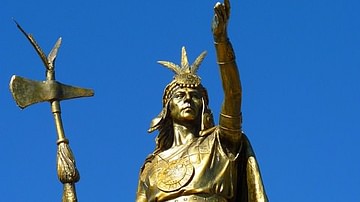
Definition
Inca Warfare
The warfare of the Inca civilization was characterised by a high degree of mobility, large-scale engagements of hand-to-hand combat, and the establishment of a network of fortresses to protect an empire of over 10 million subjects. Conquest...

Definition
Carthaginian Naval Warfare
The Carthaginians were famed in antiquity for their seafaring skills and innovation in ship design. The empire their navy protected stretched from Sicily to the Atlantic coast of Africa. Able to match the tyrants of Sicily and the Hellenistic...
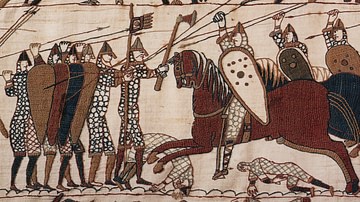
Definition
Anglo-Saxon Warfare
Anglo-Saxon warfare was characterised by frequent and violent conflicts between petty kings, which ultimately led to the rise of larger kingdoms such as the Kingdom of Mercia, the Kingdom of Northumbria, and the Kingdom of Wessex. In early...
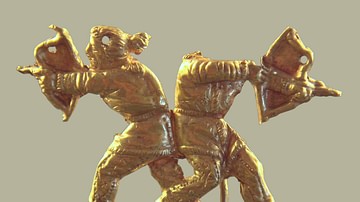
Definition
Scythian Warfare
Scythian warfare used state-of-the-art recurve bows and hit-and-run tactics against set infantry formations. Working from nimble horses, Scythian warriors could unleash a cloud of lethal arrows. Known, too, for their innovative use of scale...
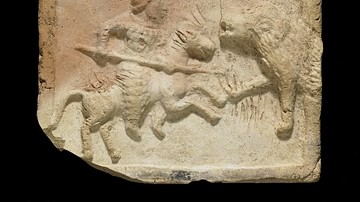
Definition
Parthian Warfare
Parthian warfare was characterized by the extensive use of cavalry and archers. Coming at enemy troops from all directions Parthian riders created confusion and wreaked havoc. They even developed the famous “Parthian shot.” Able to shoot...
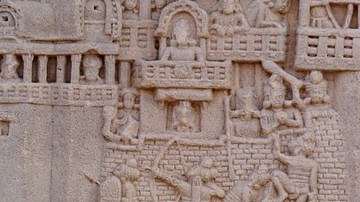
Article
Siege Warfare in Ancient India
Forts and sieges held a key position in ancient Indian warfare. Built on considerations of strategic location, topography, and the natural advantages provided by the site, forts would be heavily supplemented with man-made fortifications...
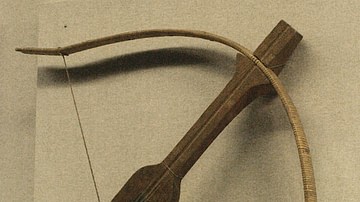
Article
Crossbows in Ancient Chinese Warfare
The crossbow was introduced into Chinese warfare during the Warring States period (481-221 BCE). Developing over the centuries into a more powerful and accurate weapon, the crossbow also came in versions light enough to be fired with one...
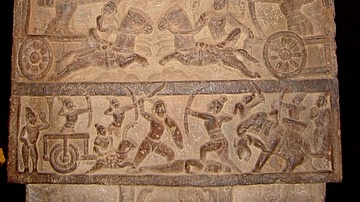
Article
Chariots in Ancient Indian Warfare
The chariot was the elite arm of ancient Indian armies in the Vedic (1500 BCE – 1000 BCE) and Epic periods (described by the Ramayana and the Mahabharata, 1000-600 BCE) because of the advantages it conferred and the selection of plain ground...

Article
Fortifications in Ancient Chinese Warfare
While ancient Chinese warfare was often characterised by large armies in pitched battles, siege warfare and the sacking of cities were also regular features. Huge earth walls with towers and encircling ditches or moats became the normal strategy...
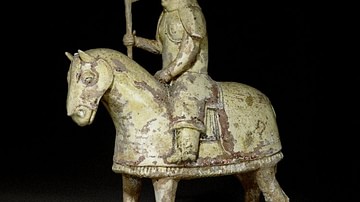
Article
Cavalry in Ancient Chinese Warfare
The use of cavalry in Chinese warfare was a significant development which was largely responsible for the abandonment of chariots, that vehicle being much slower and more cumbersome to manoeuvre in battle conditions. The greater speed and...